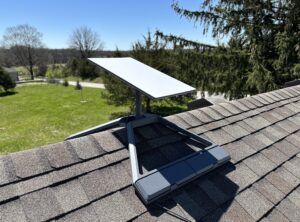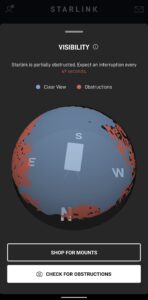Why You Shouldn’t Buy a Brand New Starlink Kit
Starlink has offered several types of incentives over the years to attract new customers. In Europe, for example, they often run discounts on monthly subscription fees and hardware. One offer that occasionally pops up is the option to buy a refurbished dish instead of a brand new one. The refurbished kit is usually 30% off new, helping to soften the steep up-front cost of purchasing Starlink. The United States, Starlink’s largest market, has never gotten the chance to experience any of these incentives in the past. But now, all that changes. Starlink is offering a refurbished hardware option in the …










